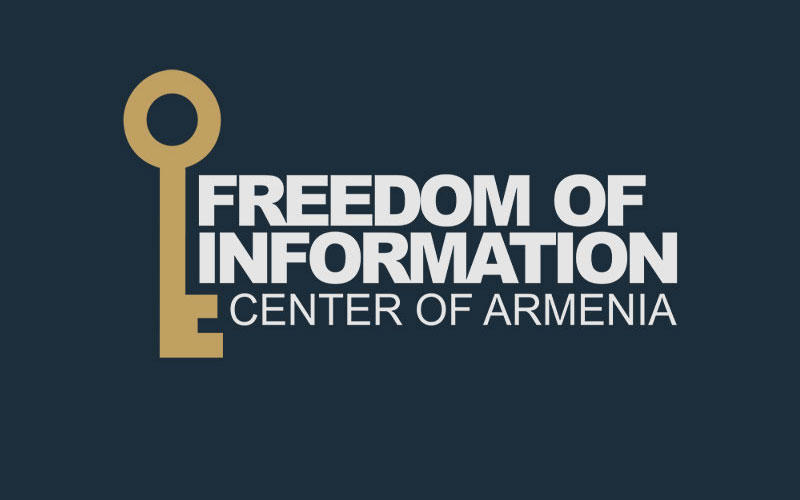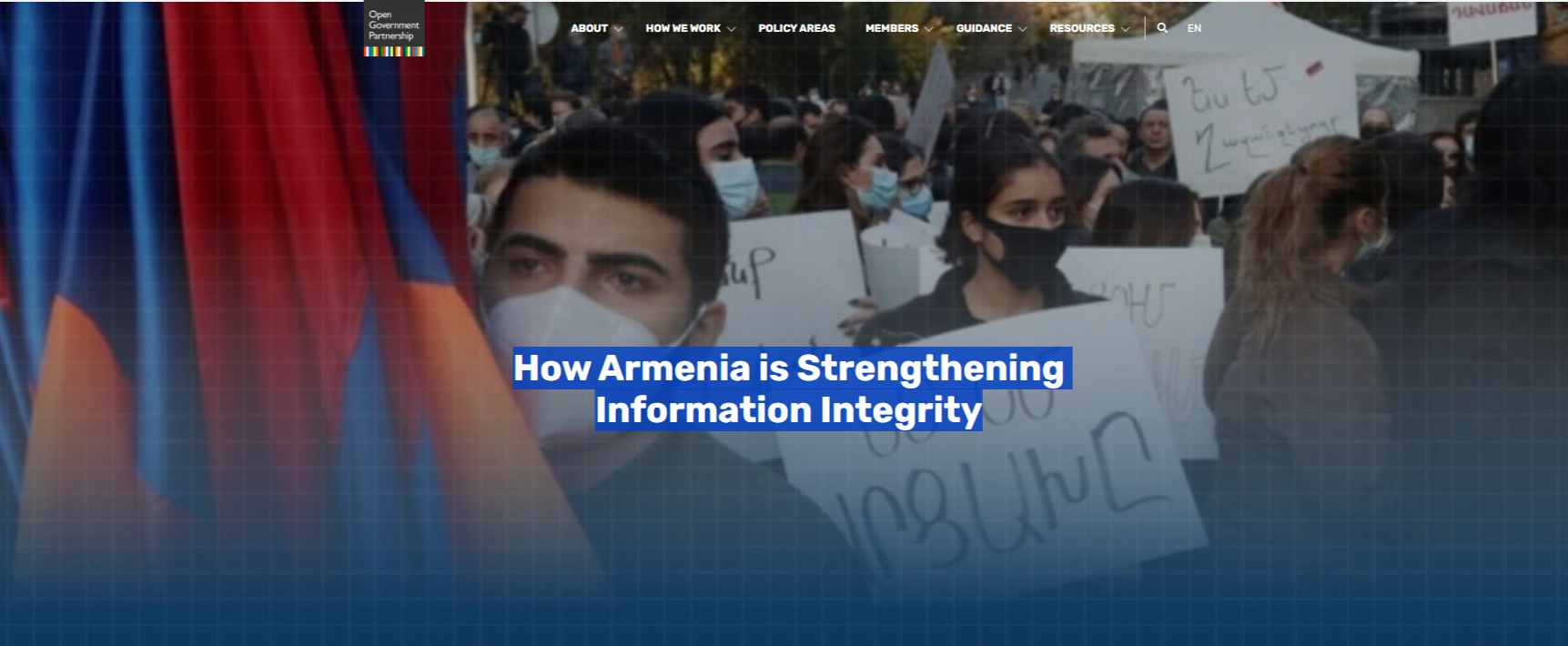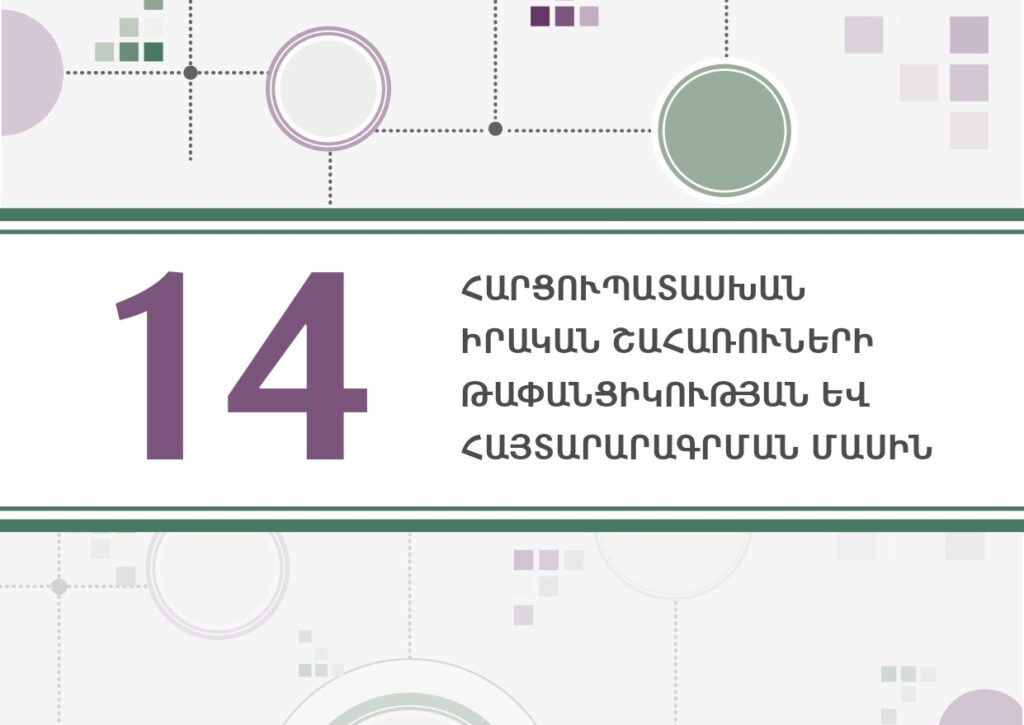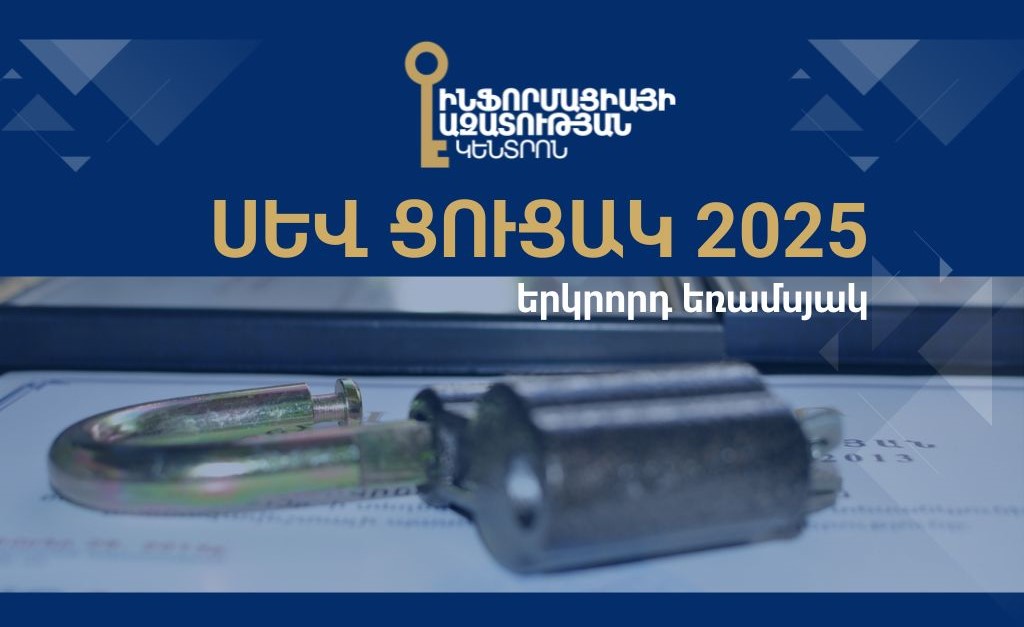The transforming power of information and communication technologies (ICTs), and predominantly the Internet, continues to reconstruct various sectors of society, including business, science, politics, education, health, environmental conservation etc. etc.. The field of government is not exception from this wave of change. There is a need to explore these two concepts, which have been used loosely and interchangeably to refer to just about all forms of technology in government, ranging from the simple computerization of elementary tasks, to the outright transformation of communities into e-societies.
Nowadays people are increasingly demanding more transparency and accountability from governments, more power at the local level, more independence to express their demands and more attention to citizens voices. Citizen participation is one of the most important features of local governance where community leaders are effectively concerned and engaged in the satisfaction of community needs.
Now, hundreds of communication satellites circle the globe and the Internet has started an information revolution. As such, the Internet, personal computers, mobile telecommunications can be productively applied to tackle an infinite number of economic and social challenges. Thus, the creation of Internet can be seen as a new platform for communication and as a source of information, which now competes with mass media.
ICT has transformed peoples lives and facilitated communications across the world. It has entered in every sphere including governance and policy-making as well. The use of ICT is likely to revitalize political relations by allowing direct citizen participation in government, by avoiding mediations and by thus optimizing the representative process and expanding participative democracy.
One of the greatest challenges put on the agenda by technological innovation is the narrowing of the digital gap. If technology has provided huge advances, it has also emphasized the distance between those who are and those who are not yet prepared to use it. The network society or information society has been praised by optimists as enhancing the chances for growth and development through ICT.
Governments, as public institutions and guardians of democracy, need to play a positive role in the online world. Deepening citizens participation in decision-making is very important to make clear that governments at all levels can both accommodate the will of their people and more effectively meet public challenges.
Armenian society as everywhere else benefits from the opportunities brought in by ICT. More and more central government agencies, local governments deploy these technologies in their everyday life for management of their internal operations and for communicating with the external world.
There is a great importance of preparing the society to these new forms of e-governance, convert them from exotic, unusual tools into conventional and routine. The introduction of e-government in society requires strong political will to see through the transformation process it implies to government both in its internal operations as well as with regards to its interaction with civil society.
Article by Sona Babayan
Second year student of American University of Armenia, School of Political Science and International Affairs
Brief Summary of Masters Essay











